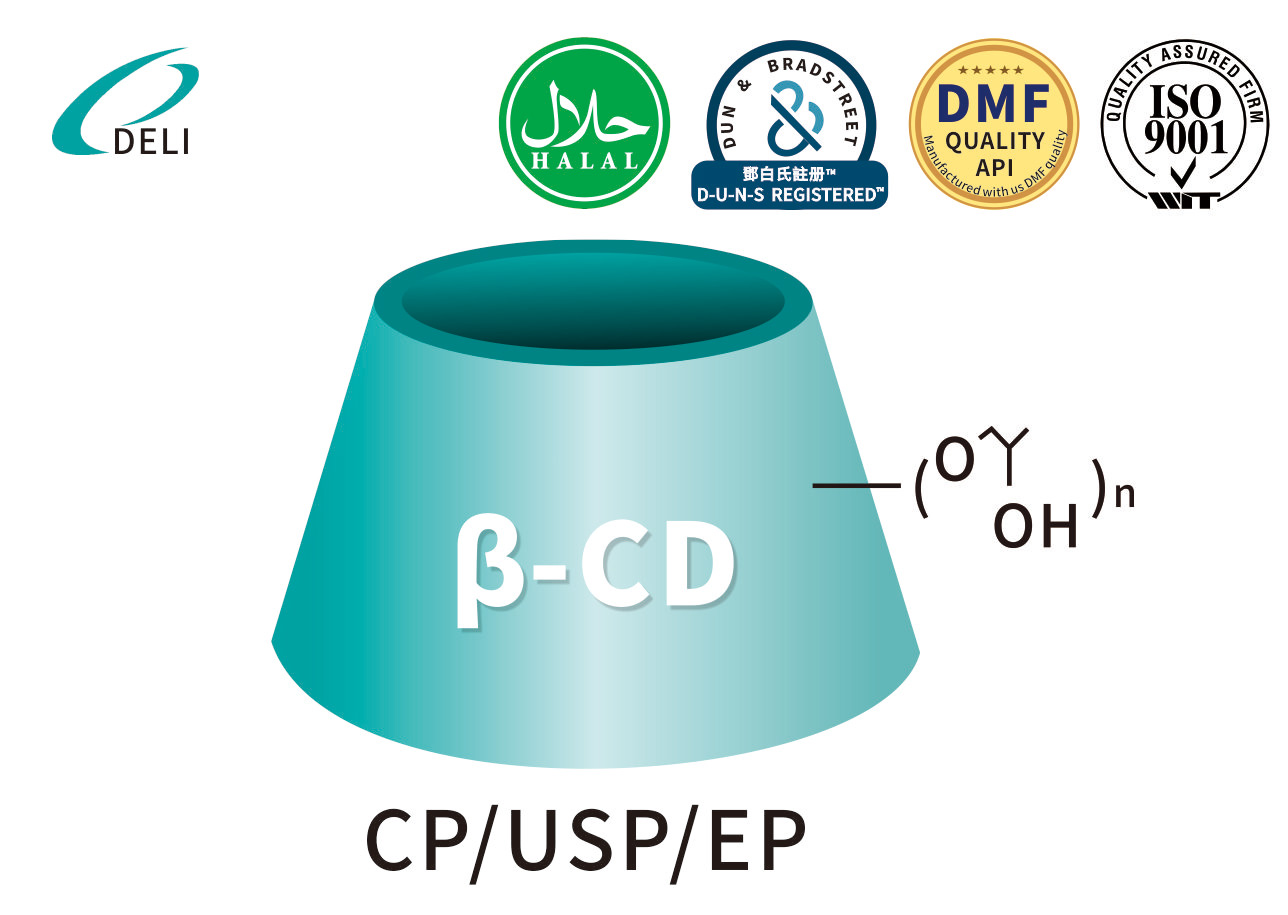Understanding Hydroxypropyl Betadex: Its Role and Applications in Pharmaceutical Industry
2025-03-07
Hydroxypropyl Betadex (HPβCD) is a modified cyclodextrin that has found significant use in the pharmaceutical industry due to its unique ability to enhance the solubility and stability of poorly water-soluble drugs. This remarkable compound is part of the cyclodextrin family, which is derived from starch and is known for its ability to form inclusion complexes with various molecules. In this blog, we will explore what Hydroxypropyl Betadex is, how it works, and its various applications.
What is Hydroxypropyl Betadex?
Hydroxypropyl Betadex is a water-soluble derivative of Beta-Cyclodextrin, which is naturally occurring. The modification is achieved by introducing hydroxypropyl groups into the cyclodextrin molecule, improving its solubility and stability in aqueous solutions. The resulting compound has a unique structure that allows it to encapsulate hydrophobic molecules, effectively improving their solubility.
Mechanism of Action:
The mechanism behind HPβCD’s ability to enhance the solubility of poorly soluble drugs lies in its unique molecular structure. The cyclodextrin molecule has a hydrophobic core and a hydrophilic exterior. The hydrophobic core allows it to form complexes with hydrophobic drug molecules, stabilizing them and increasing their water solubility. This property makes Hydroxypropyl Betadex particularly useful in pharmaceutical formulations that require enhanced bioavailability.

Applications in Pharmaceuticals:
1. Drug Formulations:
HPβCD is widely used in pharmaceutical formulations, particularly in oral and parenteral drugs. By improving the solubility of drugs that are poorly soluble in water, HPβCD enables the formulation of more effective medicines. This is crucial for drugs that need to be absorbed into the bloodstream efficiently.
2. Enhanced Bioavailability:
One of the key benefits of using Hydroxypropyl Betadex is its ability to enhance the bioavailability of drugs. By increasing the solubility of active ingredients, it helps the body absorb them more quickly and effectively.
3. Stability of Drugs:
HPβCD also improves the stability of drugs by protecting them from degradation. For example, some drugs may degrade when exposed to light, oxygen, or moisture. By forming complexes with Hydroxypropyl Betadex, these drugs are protected from such environmental factors, extending their shelf life.
4. Controlled Release:
HPβCD is used in controlled-release formulations. This allows drugs to be released slowly and steadily into the body over time, improving therapeutic outcomes and reducing side effects.
Benefits of Hydroxypropyl Betadex:
- Increased Solubility: HPβCD helps improve the solubility of drugs, particularly hydrophobic ones, in water.
- Improved Bioavailability: The use of HPβCD increases the bioavailability of drugs, allowing them to be absorbed more efficiently by the body.
- Stabilization: HPβCD stabilizes drugs by protecting them from degradation caused by light, heat, and moisture.
- Versatile Use: It can be used in a wide range of pharmaceutical formulations, including oral, injectable, and topical drugs.
Conclusion:
Hydroxypropyl Betadex has become an essential ingredient in the formulation of many pharmaceutical products. Its ability to enhance solubility, bioavailability, and stability of drugs has made it invaluable in improving the efficacy of various treatments. With its continued use and development, HPβCD is likely to remain a key player in the pharmaceutical industry for years to come.


